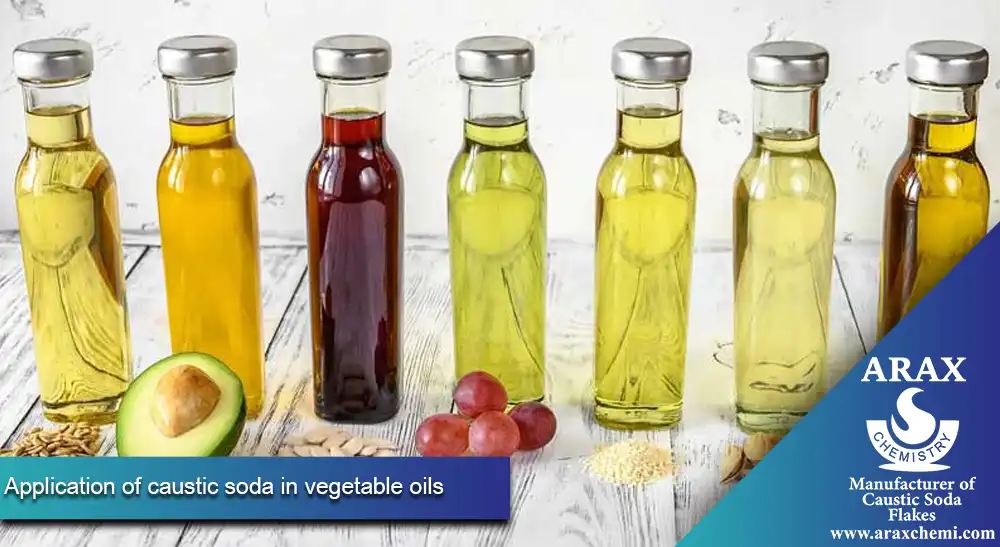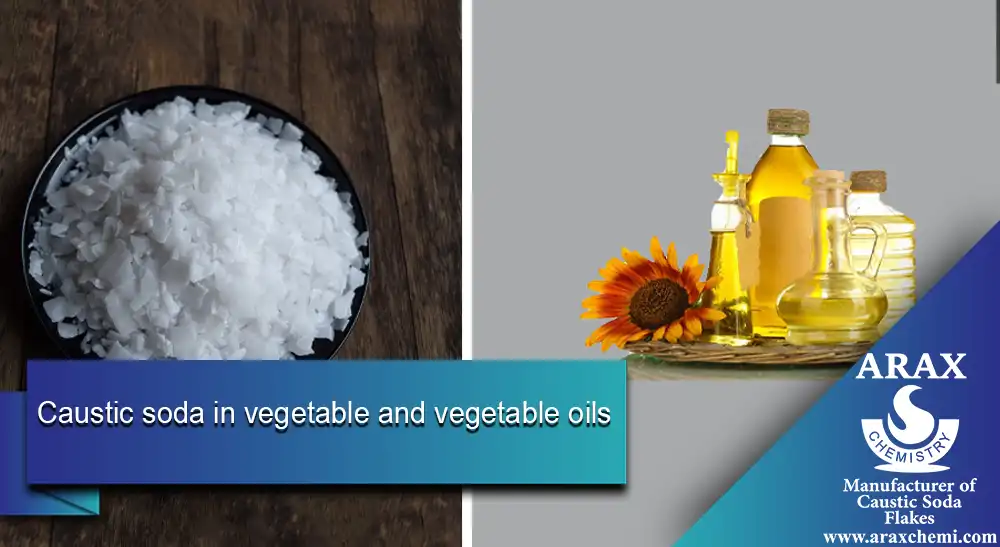The refining of vegetable oils is a complex and essential process within the food industry, aimed at improving the quality and safety of oils for human consumption. A critical component in this process is the use of caustic soda in vegetable oil refining (sodium hydroxide), which plays a significant role in ensuring the oils are purified to the highest standards.
Why is Caustic Soda Essential in Vegetable Oil Refining?
Caustic soda application in vegetable oil is highly valued due to its strong alkaline nature. This chemical is pivotal in neutralizing free fatty acids, which, if left untreated, could degrade the quality of the oil. By converting these acids into soap, caustic soda flakes in vegetable oil refining helps in their effective removal, leading to a product that is both palatable and safe for consumption. Additionally, caustic soda in vegetable oil refining aids in the removal of phospholipids, color pigments, and odor-causing compounds, ensuring that the final oil product is of superior quality.
The Refining Process: How Caustic Soda Works
Vegetable oils are laden with a diverse array of impurities, ranging from free fatty acids and phospholipids to pigments and unwelcome odors. The refining process unfolds through a meticulous series of steps:
- Neutralization: caustic soda flakes in vegetable oil refining is added to crude oil, neutralizing free fatty acids by converting them into soap, which is then separated from the oil.
- Degumming: Phospholipids are removed during this step, with caustic soda in vegetable oil refining assisting in their conversion to non-soluble forms that can be easily eliminated.
- Bleaching and Deodorization: Finally, caustic soda in vegetable flakes oil refining plays a role in removing pigments and odor-causing substances, ensuring the oil is clear and odorless.
Applications of Caustic Soda in Other Edible Oils

While Caustic soda application in vegetable oil is widely used for oils like soybean, canola, and sunflower oil, it is also employed in the purification of other edible oils, such as olive oil and palm oil. However, not all oils require the same degree of chemical intervention; some might need alternative methods or less intensive treatments depending on their composition.
Benefits and Challenges of Using Caustic Soda
The application of caustic soda in vegetable oil refining offers a myriad of advantages, ranging from the efficient removal of impurities to the enhancement of oil stability and shelf life. Caustic soda, also known as sodium hydroxide, plays a crucial role in the refining process by enabling the separation of impurities such as free fatty acids, phospholipids, pigments, and other undesirable substances from the oil.
One of the key benefits of using caustic soda flakes in vegetable oil refining is the improvement in oil quality. Through a carefully controlled process, caustic soda helps to neutralize free fatty acids present in the oil, converting them into soap that can be easily separated from the oil. This results in a cleaner and purer oil with reduced acidity levels, leading to a higher quality end product.
Furthermore, the alkaline nature of caustic soda facilitates the removal of trace metals and other impurities that may affect the color, flavor, and stability of the oil. By reacting with these contaminants, caustic soda helps to purify the oil and enhance its overall quality and shelf life.
However, it is important to note that the strong alkaline properties of caustic soda necessitate careful handling to mitigate safety risks. Proper safety protocols should be followed during its use in the refining process to avoid accidents and ensure a safe working environment for operators.
In conclusion, when used correctly, caustic soda is a valuable tool in vegetable oil refining, enabling the production of high-quality oil that is suitable for a wide range of culinary applications. Its ability to efficiently remove impurities and enhance oil stability makes it a crucial component in the quest for top-tier vegetable oils in the food industry.
Conclusion
Caustic soda in vegetable oil refining is indispensable in the refining process, contributing to the production of high-quality, safe, and consumer-ready oils. While its use requires careful control, the benefits it provides in enhancing the quality and safety of edible oils make it a critical component of the food industry.
F A Qs
- Is caustic soda in vegetable oil refining safe to use in food processing?
Yes, when used under controlled conditions, caustic soda in vegetable oil refining is safe and effectively removed from the final product. - Does every type of edible oil require caustic soda in vegetable oil refining?
Not all oils require caustic soda in vegetable oil refining. Some oils, depending on their natural composition, might undergo different refining processes. - How does caustic soda in vegetable oil refining improve the quality of vegetable oil?
Caustic soda in vegetable oil refining neutralizes free fatty acids, removes impurities, and helps in producing oil that is clear, odorless, and has a longer shelf life.
